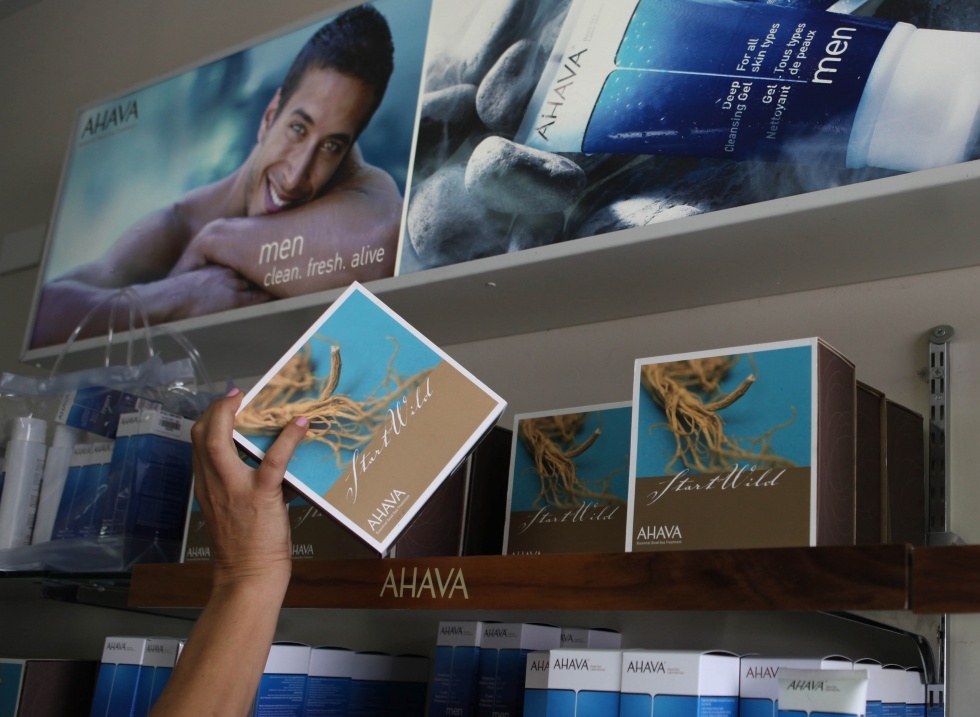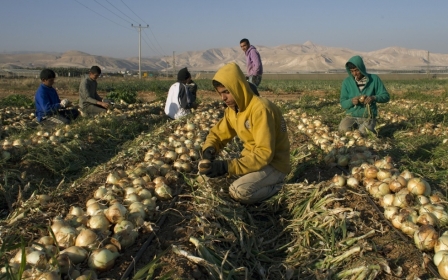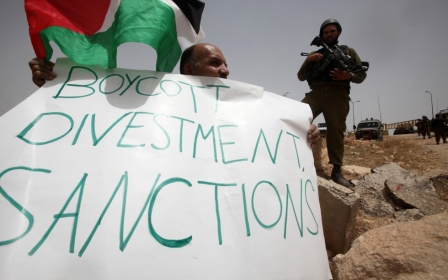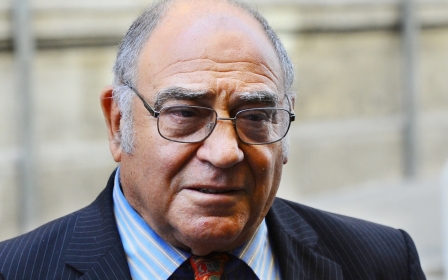EU urged to label produce from Israeli settlements in West Bank

Sixteen out of the 28 EU countries want the bloc to label products from Israeli settlements in the occupied West Bank, diplomatic sources told AFP Thursday, confirming a Haaretz report.
The plan was first mooted in 2012, angering Israel, but the 16 member states told EU foreign affairs head Federica Mogherini it was now time to press ahead as part of efforts to realise a two-state peace deal.
The 16 include Britain, France, Spain and Italy but not Germany.
"We would welcome you taking the lead in the (European) Commission in order to complete this important work on labelling settlement produce/products," the foreign ministers said in the letter, reproduced by the Israeli newspaper Haaretz.
Continued Israeli settlement building "threatens the prospect of a just and final peace agreement," they wrote, adding that labelling would make it clear to consumers what they were buying as endorsed by EU leaders at a summit in 2012.
Israel has blasted the move, seeing it as part of efforts to isolate the country, and has been critical of Mogherini who visited Israel and the Palestinian territories in December.
The EU has consistently condemned Israeli settlement building as a threat to the Middle East peace process through eroding the basis for a future Palestinian state.
"We cannot accept that produce from the settlements in occupied territory be freely traded," one EU diplomatic source said.
"The letter shows Europe's determination to put into effect what was agreed in 2012," said the source, who asked not to be named.
The foreign ministers' letter said labelling "is an important step in the full implementation of EU longstanding policy, in relation to the preservation of the two-state solution."
The letter was signed by Austrian Foreign Minister Sebastian Kurz and drafted, according to Haaretz, by his Belgian counterpart Didier Reynders who also signed it.
Sweden, Malta, Ireland, Portugal, Slovenia, Croatia, Finland, Denmark, The Netherlands and Luxembourg were the other signatories.
Mogherini's office declined to comment immediately and said they were checking the report.
New MEE newsletter: Jerusalem Dispatch
Sign up to get the latest insights and analysis on Israel-Palestine, alongside Turkey Unpacked and other MEE newsletters
Middle East Eye delivers independent and unrivalled coverage and analysis of the Middle East, North Africa and beyond. To learn more about republishing this content and the associated fees, please fill out this form. More about MEE can be found here.




